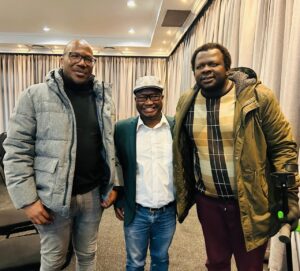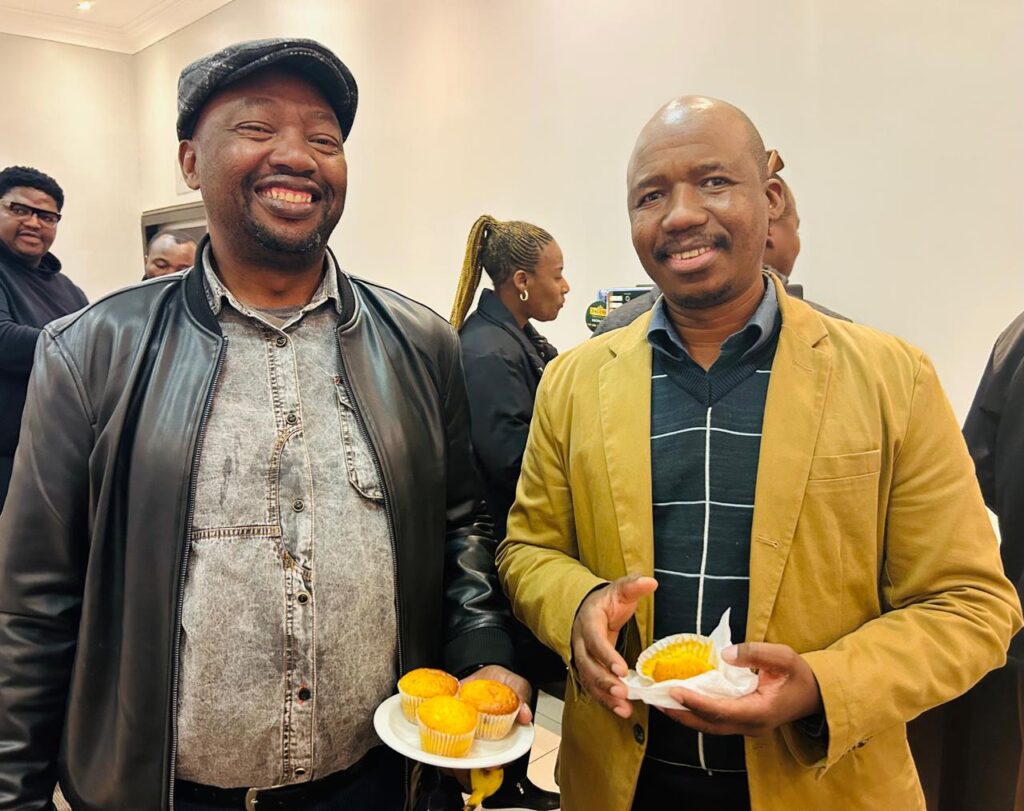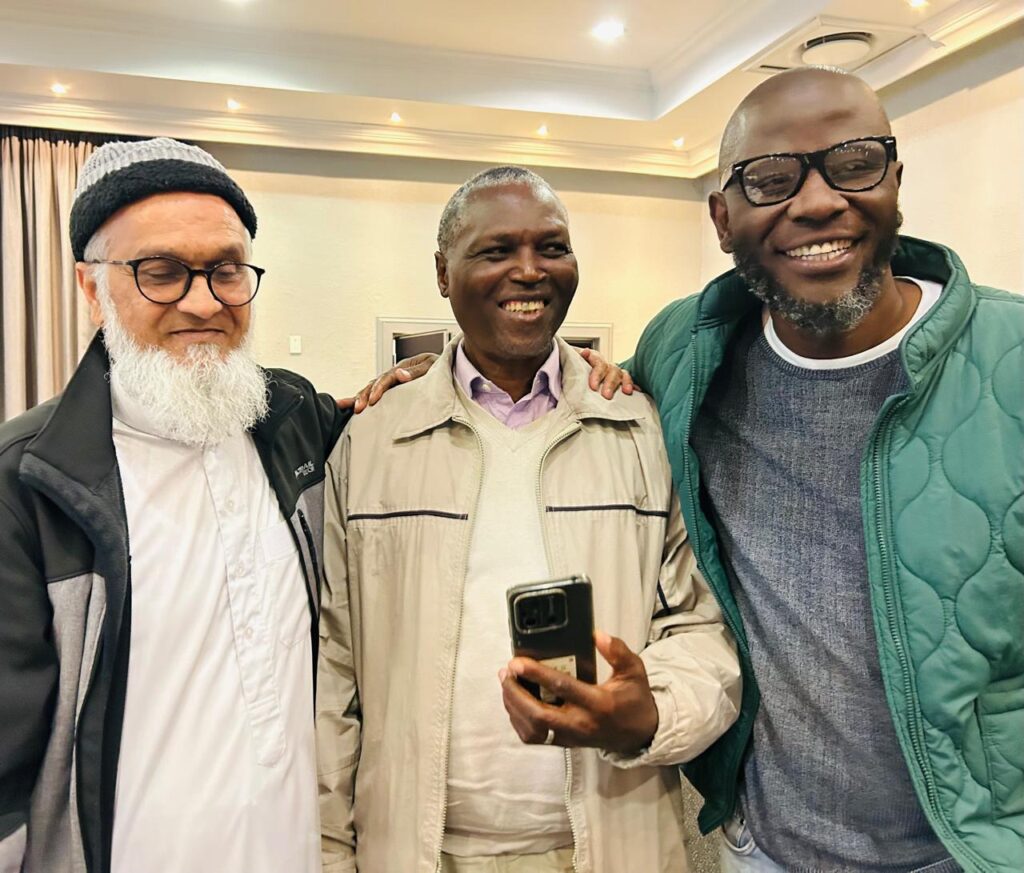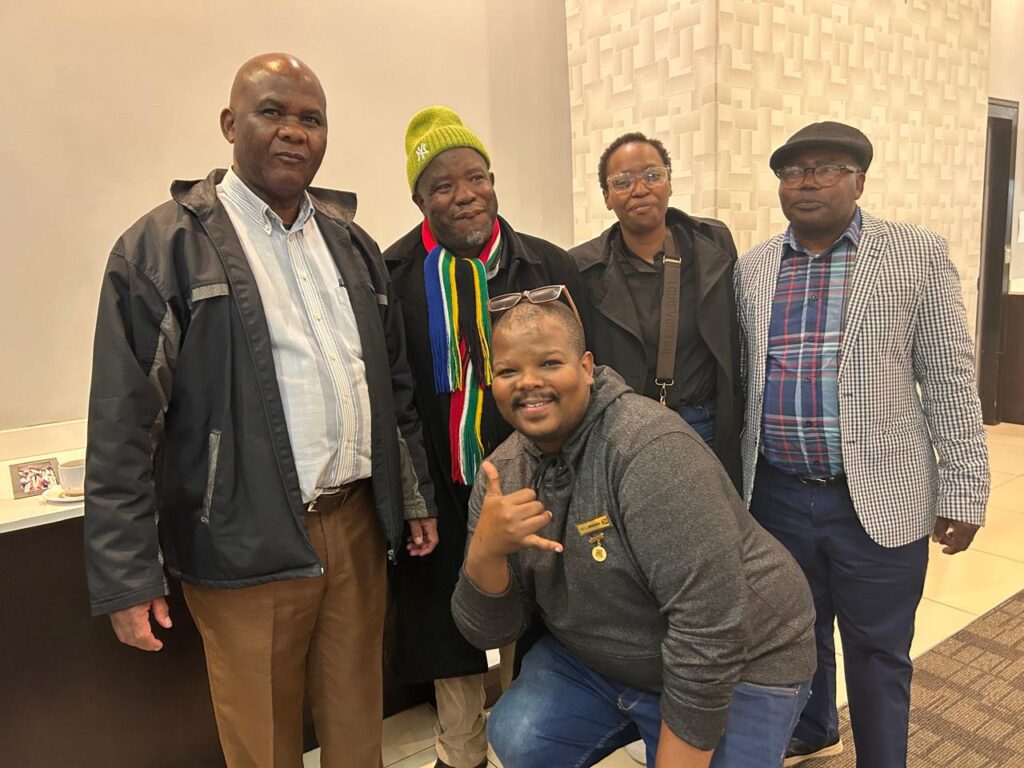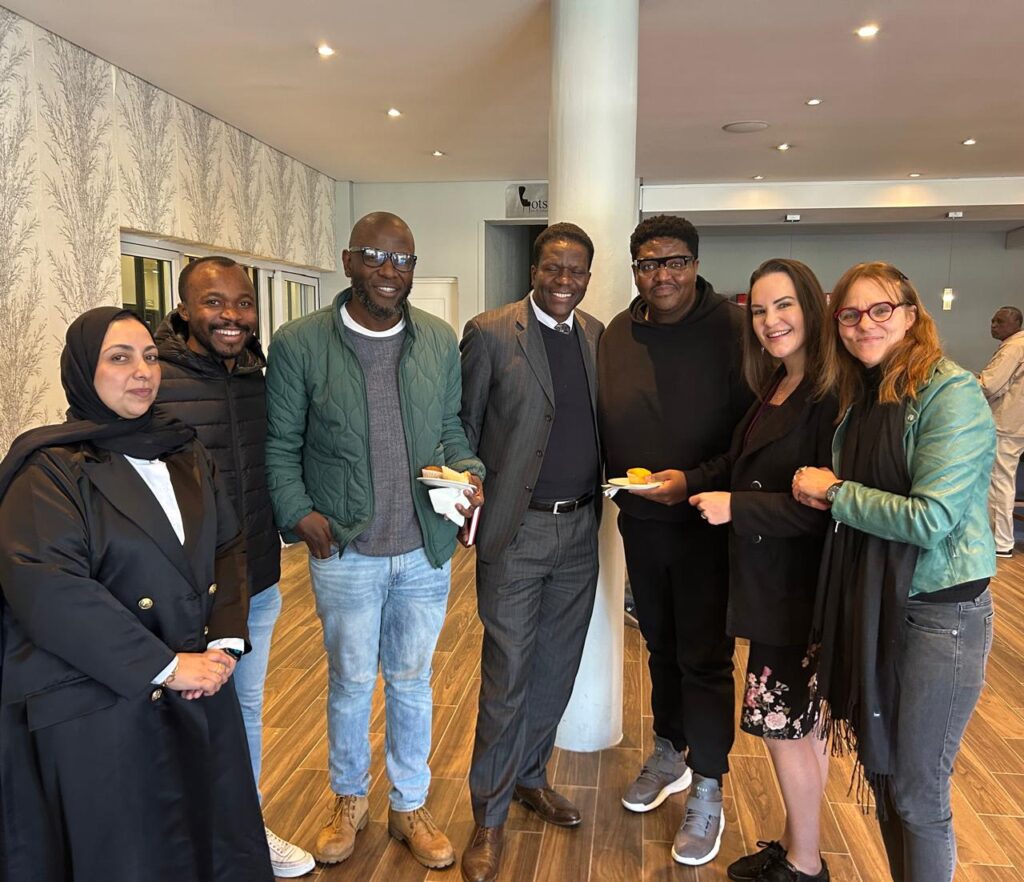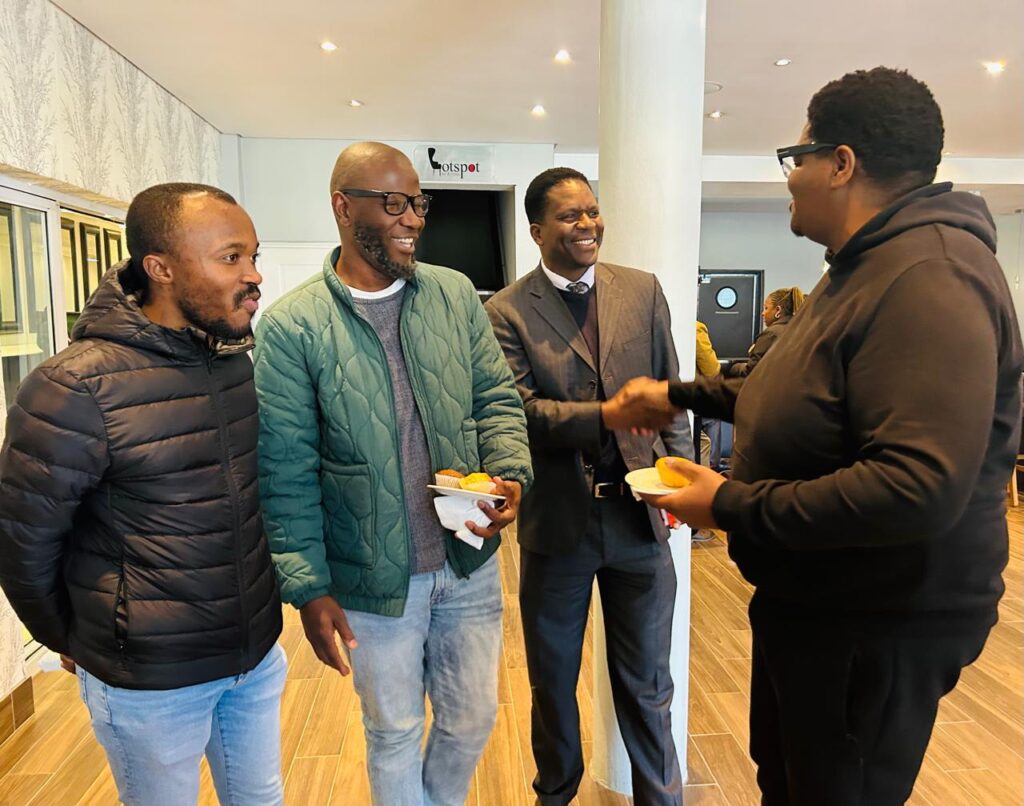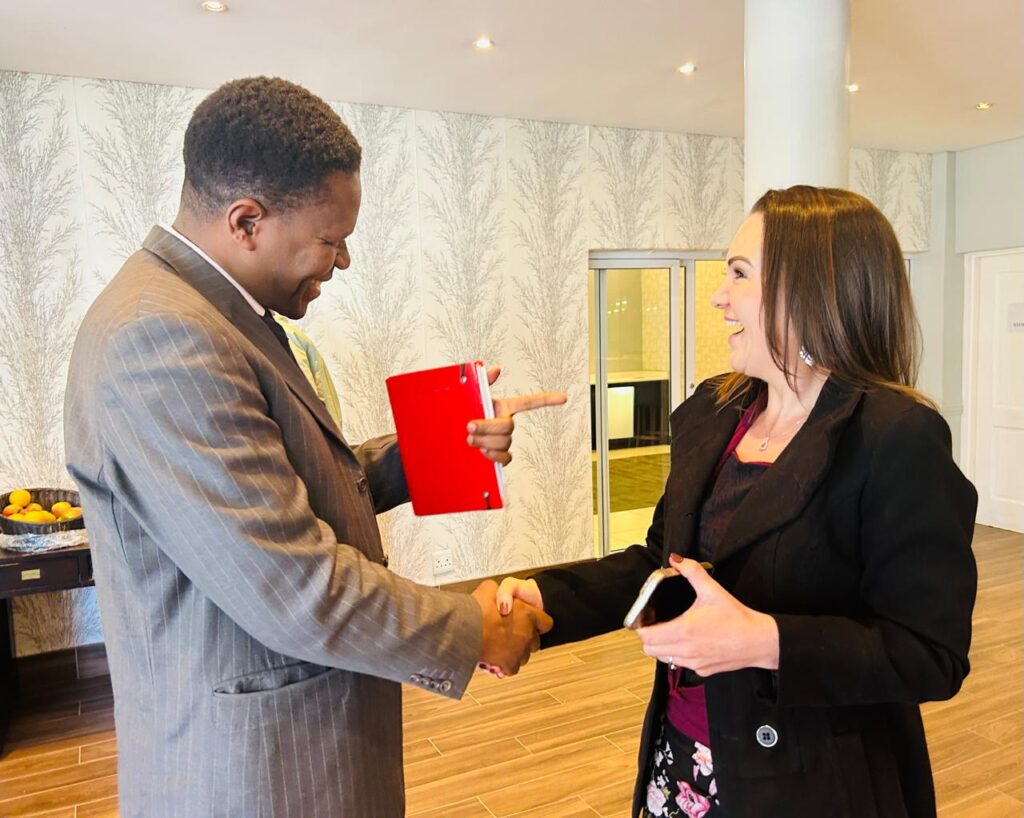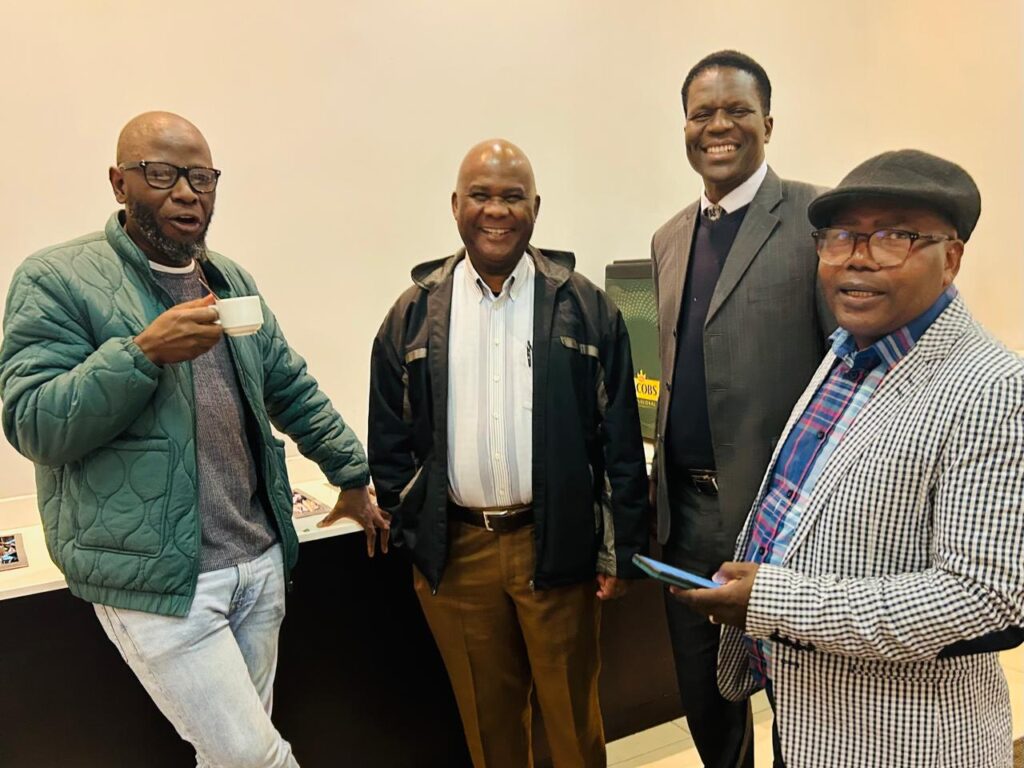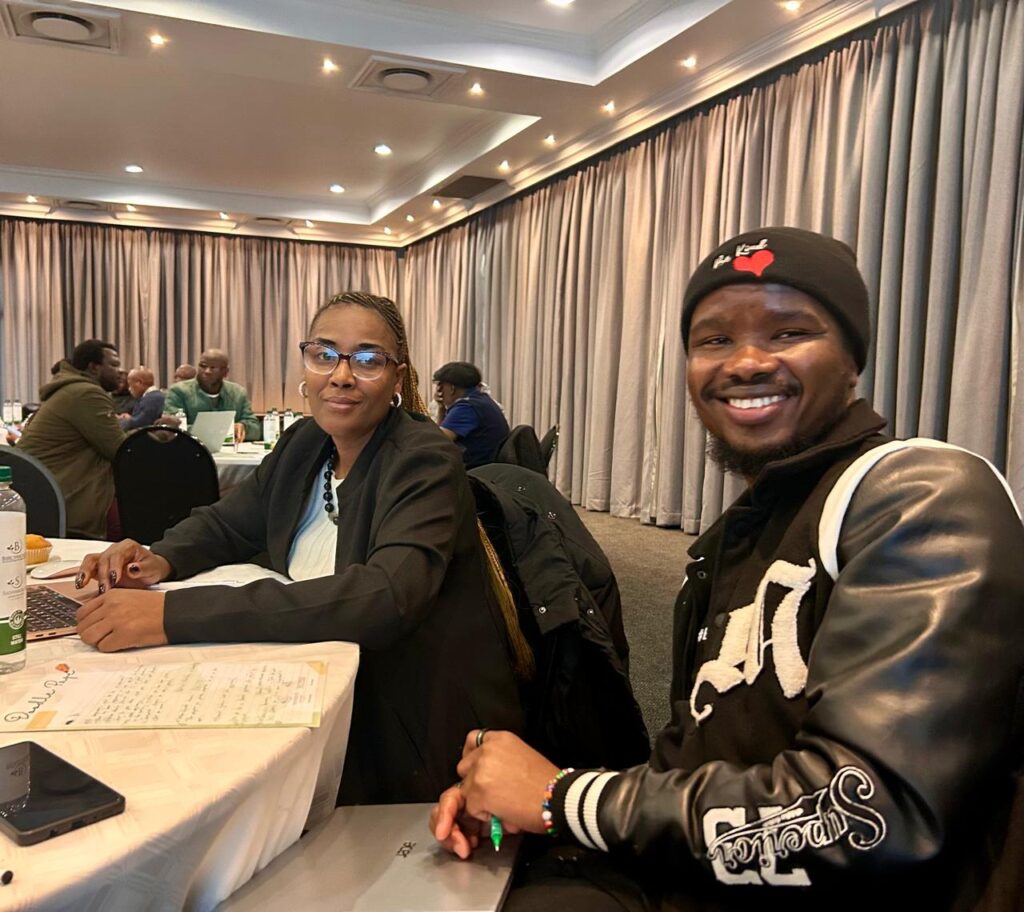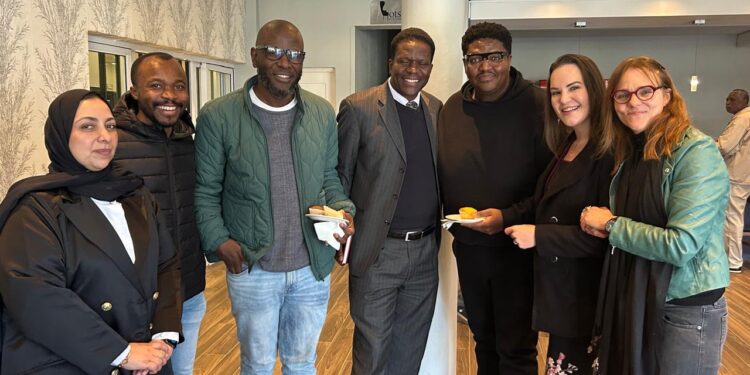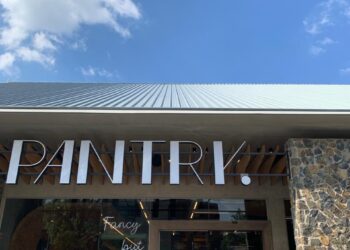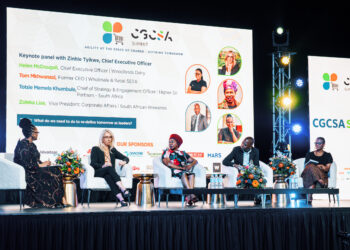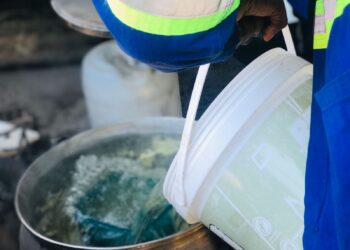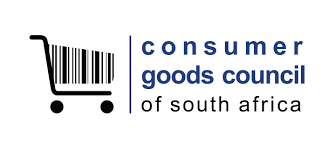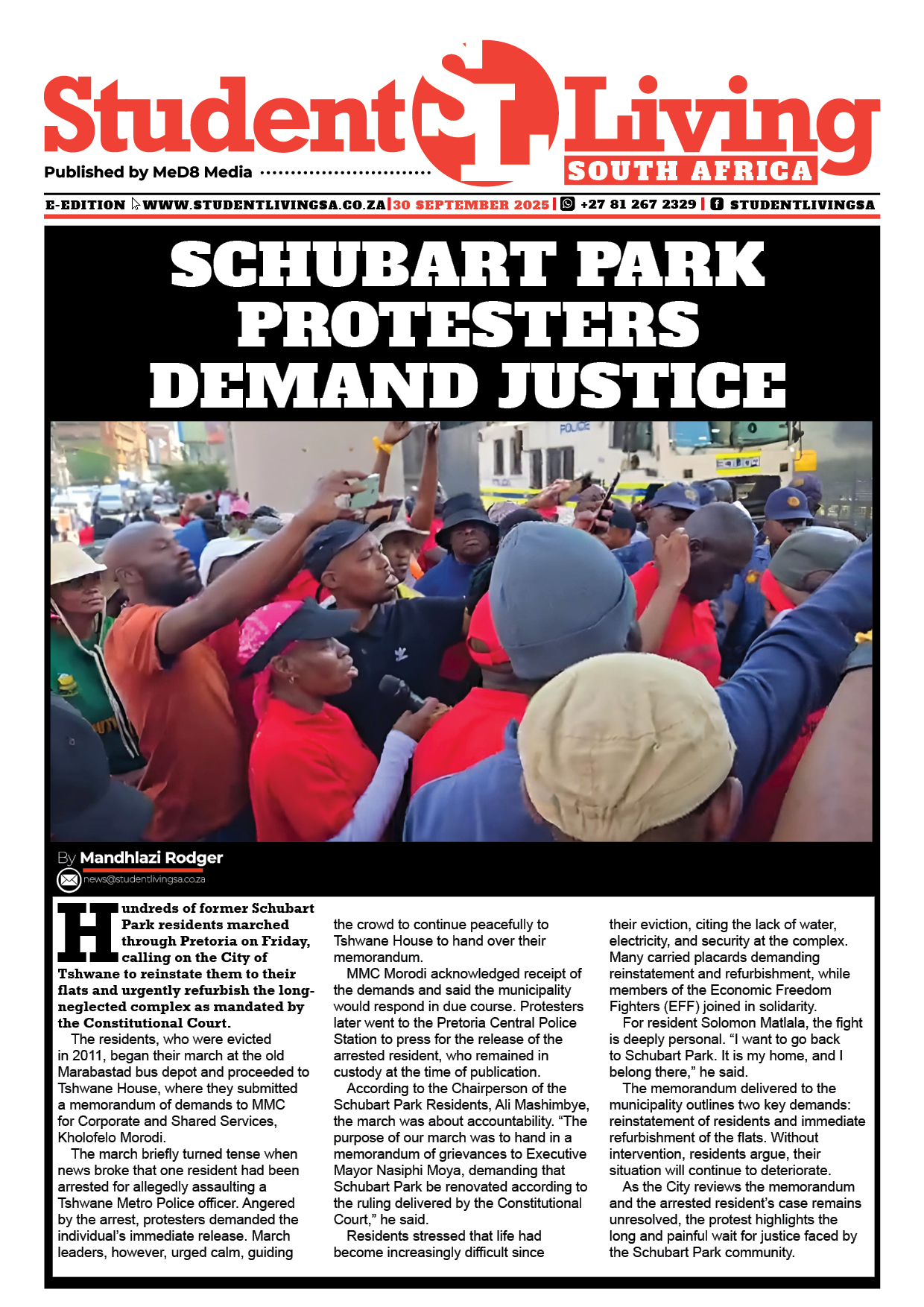Student Living SA Report | Boksburg, Gauteng
Independent and small-scale publishers from across Gauteng gathered at the Birchwood Hotel in Boksburg this week to take part in a pivotal consultation aimed at shaping the new Digital News Transformation Fund, a R114 million initiative set to support South Africa’s community media sector over the next three years. The fund, a partnership between Google and the Association of Independent Publishers (AIP), aims to address long-standing financial and technological challenges faced by grassroots newsrooms across the country.
The event was facilitated by Tshikululu Social Investments, with digital media specialist Leanne Kunz leading the session. Kunz, who heads the DNT Fund, described the consultation as the first step in a process designed to support trusted, public interest journalism through improved digital capacity and business models. The tone of the session was practical and forward-looking, with publishers eager to share their experiences and propose collaborative solutions.
Although attendance was modest and largely male, a reflection some noted of the sector’s resource constraints and ongoing gender imbalances, the conversation was energetic. AIP Chairperson Anetta Mangxaba opened the session by encouraging honest dialogue, while reaffirming the fund’s goal of driving transformation where it is most needed.
Publishers spoke openly about the difficulties of surviving on advertising alone and shared alternative income models including partnerships, sponsored content, and service-based collaborations with local organisations. One of the most discussed ideas was the potential of shared advertising sales services, which could allow publishers to collectively approach agencies and advertisers rather than competing individually.
Digital tools and access to affordable technology also dominated the discussions. WordPress was widely used but concerns were raised about costly plugins and dollar-based subscriptions. Attendees also noted creative workarounds such as using PDFs distributed on WhatsApp and tracked through platforms like PubHTML. Other frequently mentioned tools included Canva for design, CapCut for video editing, and SEO aids such as Yoast and Ahrefs. The high cost of these tools led to suggestions for bulk purchasing deals or voucher systems to help smaller publishers access them more affordably.
There was also a strong call for digital skills development, particularly in SEO, with some publishers pointing out that their stories remained invisible online without the knowledge to improve discoverability. Fanelo Maseko from Loxion News underscored this point, warning that great journalism means little if it does not reach the audience.
Artificial intelligence, especially tools like ChatGPT, sparked a mixed response. While some publishers use AI for basic editing and support tasks, others expressed concern over ethical issues such as plagiarism and declining editorial standards. The consensus was that clear usage policies and training are needed if AI tools are to be adopted responsibly in local newsrooms.
Throughout the session, participants highlighted the broader need for support in creating sustainable models that ensure long-term viability. Alongside calls for training and tools, many publishers voiced the importance of unlocking larger streams of revenue through better coordination and stronger institutional partnerships. There was a clear recognition that local media cannot thrive in isolation, and that industry-wide collaboration with both the private and public sectors will be critical to their survival.
Several participants also urged the fund to prioritise people over equipment, stressing the importance of nurturing local talent and investing in training programmes that address high staff turnover and skills gaps. Human development practitioner Lesego Tau warned that without meaningful investment in people, even the best-funded initiatives risk being unsustainable.
As the session drew to a close, some publishers raised concerns about the practical details of the fund’s rollout. Chris Mcinga of MeD8 Media highlighted that many questions remain unanswered. In response, Kunz confirmed that the fund would open within the next few months, noting that while some application criteria are still being finalised, clarity would be provided in due course. Wits Centre for Journalism’s Chris Kabwato also suggested that skills audits and a national database of service providers would help ensure funding meets real needs on the ground.
Dr Kate Skinner of the AIP made a strong input on the importance of ensuring that feedback from both the consultation and the earlier survey responses are documented and used to shape the final structure of the fund. She emphasised that capturing publishers’ lived experiences will be vital to designing a support mechanism that is truly relevant and effective.
While the session may have been modest in size, it revealed big ideas and a committed community working to secure the future of independent journalism in the digital age.
Another consultation session will be held in the Eastern Cape on 26 June 2025, offering publishers from that region the opportunity to contribute their voices to this important process.
GALLERY
